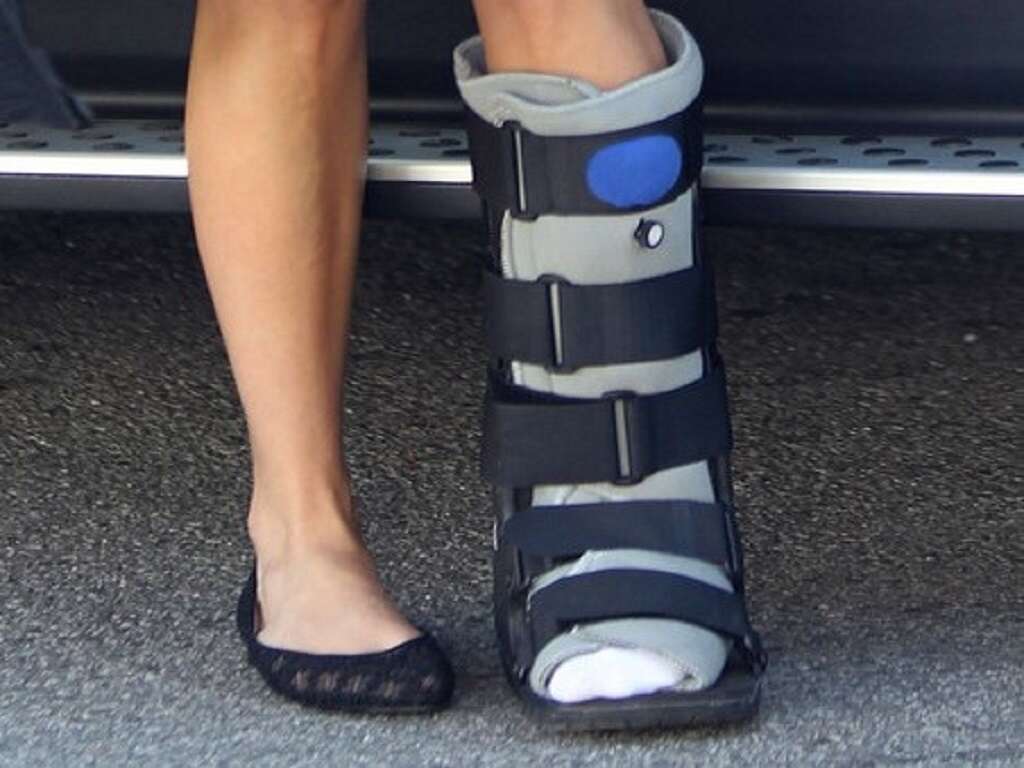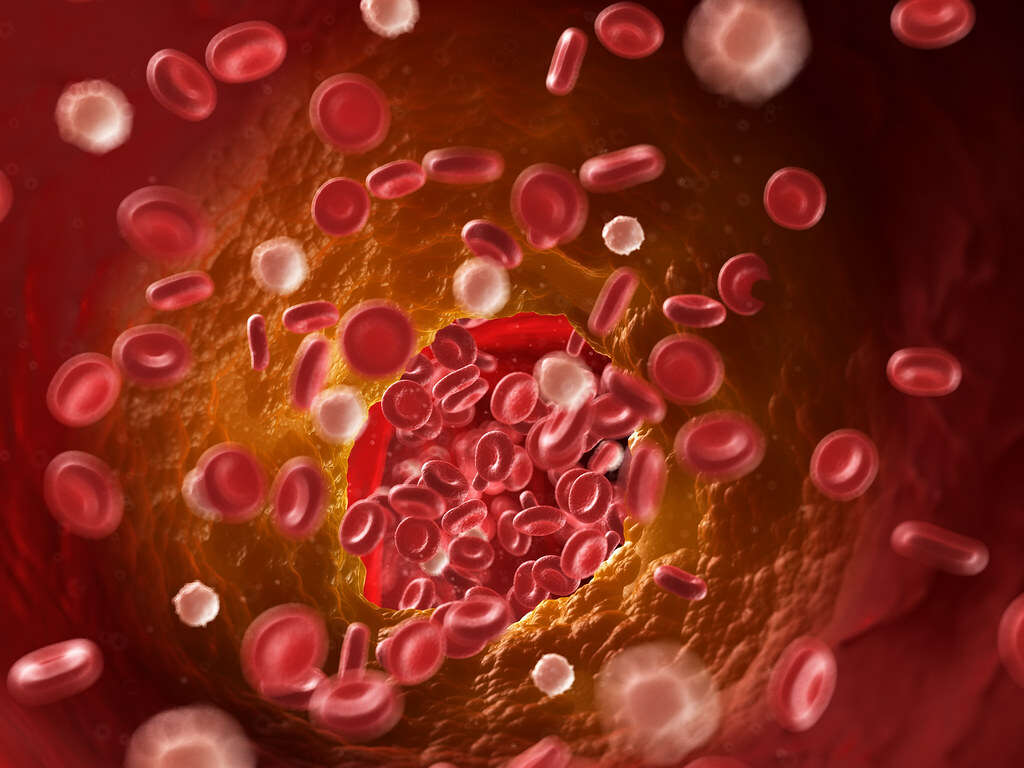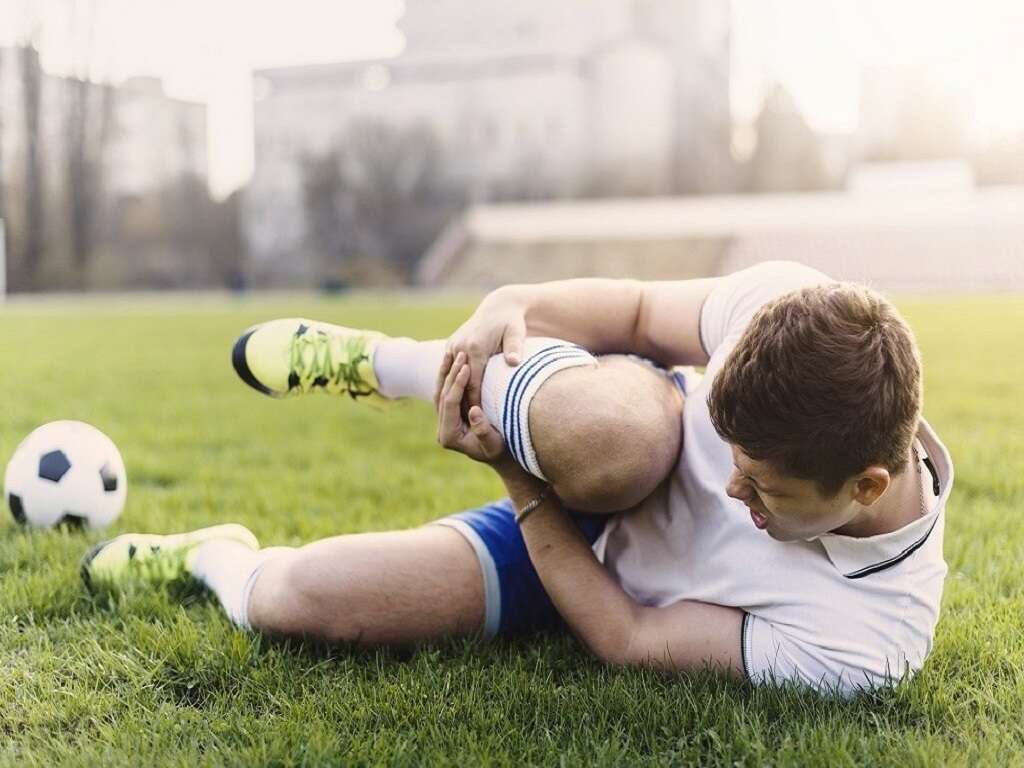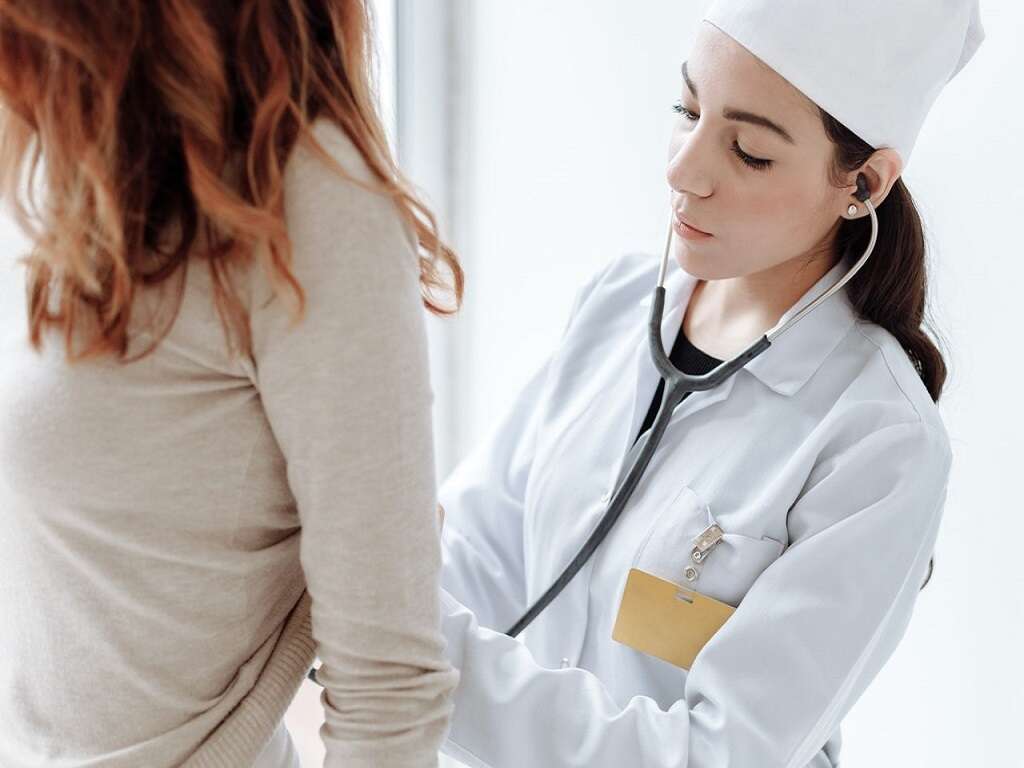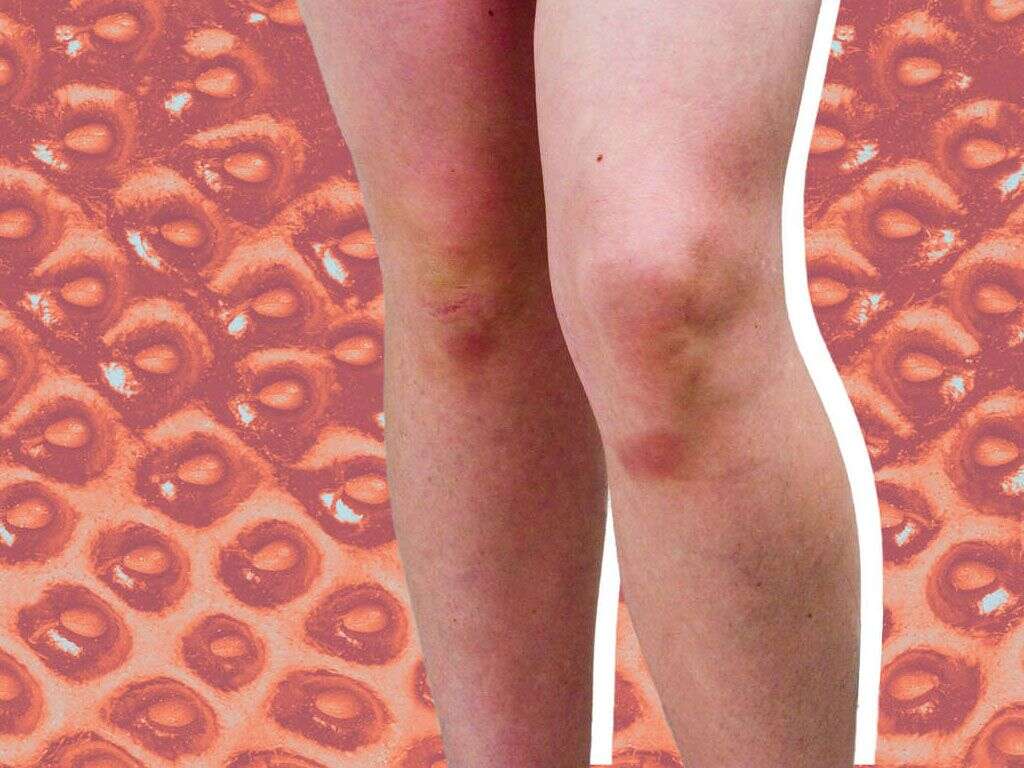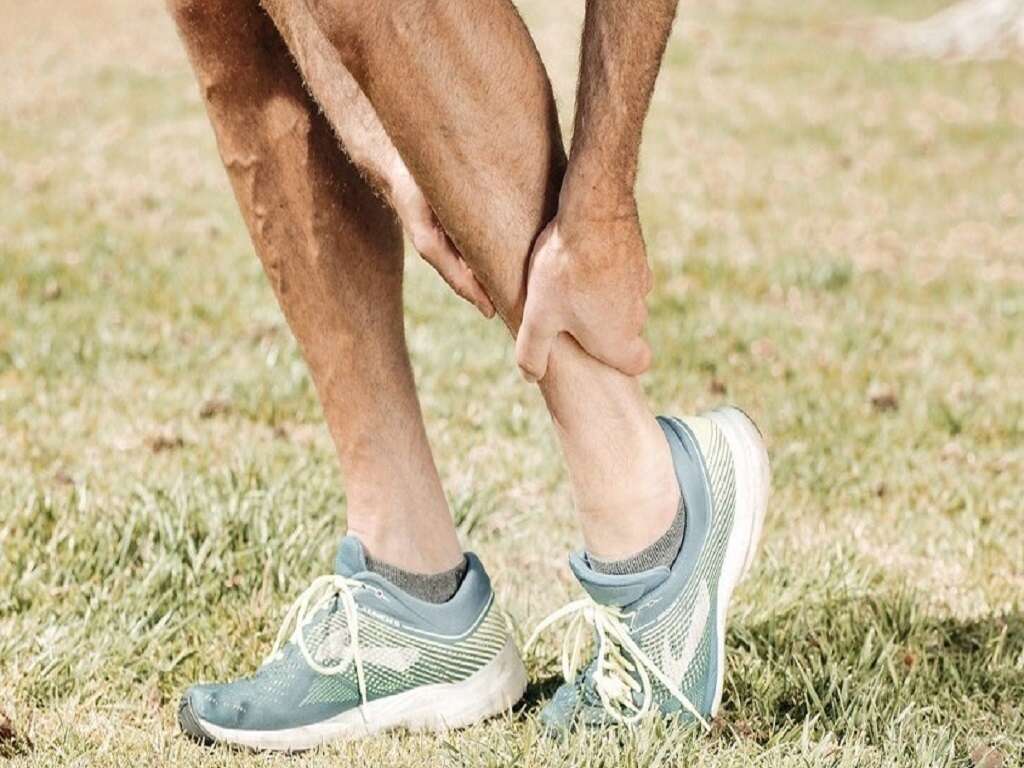Leg Pain Causes, Treatments & More
 Article Sources
Article Sources
- 1. 'Don't Let Foot Cramps and Charley Horses Slow You Down.' Cleveland Clinic, health.clevelandclinic.org/dont-let-foot-cramps-charley-horses-slow.
- 2. 'About Peripheral Artery Disease (PAD).' Heart.org, heart.org/en/health-topics/peripheral-artery-disease/about-peripheral-artery-disease-pad.
- 3. 'What is Venous Thromboembolism (VTE)?' Heart.org, heart.org/en/health-topics/venous-thromboembolism/what-is-venous-thromboembolism-vte.
- 4. 'Shin Splints.' NHS.UK, www.nhs.uk/conditions/shin-splints.
- 5. 'Leg Fracture.' Harvard Health, health.harvard.edu/a/to/z/leg-fracture-a-to-z.
- 6. Jadhav, S. P., et al., 'Comprehensive Review of the Anatomy, Function, and Imaging of the Popliteus and Associated Pathologic Conditions.' Radiological Society of North America, pubs.rsna.org/doi/10.1148/rg.342125082.
- 7. 'Hamstring Injury.' NHS.UK, www.nhs.uk/conditions/hamstring-injury.
- 8. 'Leg Pain: MedlinePlus Medical Encyclopedia.' MedlinePlus, medlineplus.gov/ency/article/003182.htm.
7. Popliteus Tendinitis or Tenosynovitis
Popliteus tendinitis, also called popliteus tenosynovitis, is associated with excessive stress on the knee due to extensive activities, such as walking or running uphill or downhill.6Jadhav, S. P., et al., ‘Comprehensive Review of the Anatomy, Function, and Imaging of the Popliteus and Associated Pathologic Conditions.’ Radiological Society of North America, pubs.rsna.org/doi/10.1148/rg.342125082. This uncommon condition typically occurs in athletes.
It may also occur in people who have a history of knee trauma involving the ligaments. The popliteus muscle is located in the back of the knee and stabilizes the knee and facilitates the internal rotation of the lower leg as a person walks.
Advertisement



